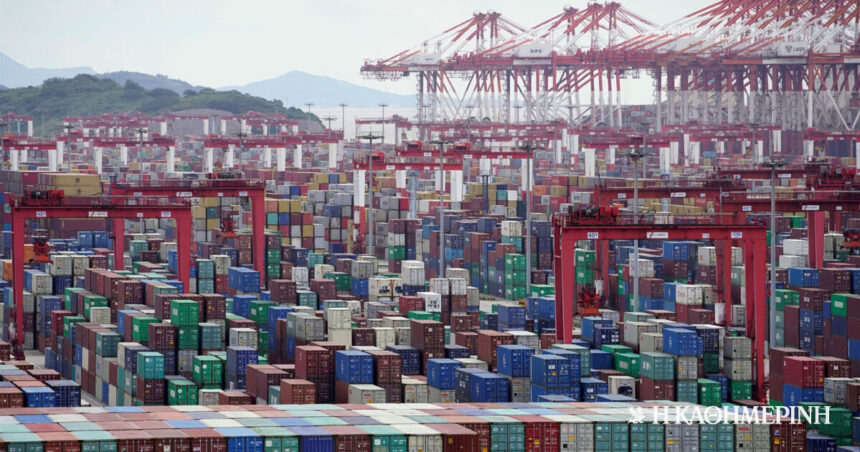Every month 50 billion dollars leave this year China, as wealthy individuals rush to take advantage of the end of lockdowns that literally sealed the country’s borders for three years. Chinese are traveling again and using their savings to buy apartments in Tokyo, London and New York, while depositing their capital in US and European banks that offer higher interest rates from Chinese banks where interest rates are low and falling all the time.
The mass outflow of Chinese wealth abroad partly reflects concern in China about the economy’s problems, such as the market crisis real estate. Many interpret it as a reaction to the fear of the direction given to the economy by the president Xi Jinpingwho after his aggressive campaign against the country’s businesses has strengthened the government’s influence in many sectors of society.
Often, the Chinese improvise to circumvent strict controls on transferring money abroad. They buy gold bars small enough to carry in a suitcase as well as large amounts of foreign currency. They also choose to buy real estate abroad and have emerged as the main buyers of apartments in Tokyowhere they buy properties worth $3 million and often pay with a suitcase of cash.
Before the pandemic, by contrast, they opted for student apartments in Tokyo but worth no more than $330,000, while now they are buying much larger properties and securing investor visa to move their families abroad. Experts estimate that this rapid flight of wealth from China does not threaten the Chinese economy of 17 trillion. dollars, mainly because the exports of many of the main products of the country remain at high levels and thus return a large part of the cash.
The massive outflow of wealth partly reflects concern in China about the economy’s problems, such as the housing crisis.
However, if there is a wider tendency of Chinese families to send their money abroad, it could cause concern. Large capital outflows have at times caused financial crisis in countries in Latin America, Southeast Asia, and even in China itself in late 2015 and early 2016. At the time capital outflows had caused China’s stock markets to crash and an attempt by authorities to achieve a coordinate devaluation of the currency.
The Bank of China was then forced to spend $100 billion a month of its foreign reserves to prop up the currency. In the current phase, by contrast, it was only spending $15 billion a month in midsummer for the same reason. As Brad Setcher, an expert on international finance issues at the Council on Foreign Relations, comments, “the scale of the pressure is much smaller than in 2015 and 2016.”

So far, China’s leadership appears to believe it has the situation under control. Capital outflows have, however, weakened the yuan against the dollar and other currencies. And this weakening of the currency has supported them exports of China that provide millions of jobs. Wang Dan, chief economist at Hang Seng Bank in Shanghai, emphasizes that capital outflows from China “are completely manageable.” Chinese authorities still rely to some extent on the limits on moving money out of the country, which they imposed eight years ago to contain the 2015 currency crisis. Some other additional controls they imposed then on capital movements, which aimed at detecting camouflaged money transfers no longer apply.
Eight years ago, authorities shut down businesses in Shanghai, Shenzhen and elsewhere that converted yuan into dollars and other currencies. They have, after all, shut down most of the gambling operations in Macau, as they were used by wealthy Chinese to convert their money into chips first, play for a while, and then convert most of their chips into dollars. Also, Beijing has banned most of them investments abroad in hotels, towers and other assets with little or no geopolitical value. And yet wealthy Chinese are once again finding ways to move their money abroad. Wealthy families often buy products from insurance companies, whose sales have multiplied.








